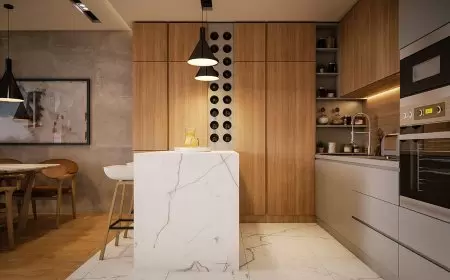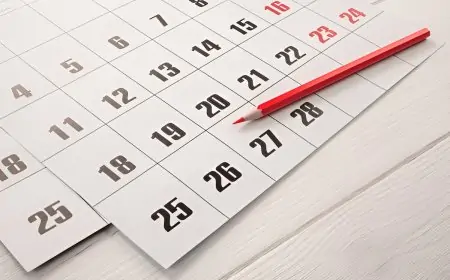After this, you have to make sure of your strength in solving plumbing issues. A minor leak or a blocked drain can rapidly become a major issue. You can avoid serious problems with timely plumbing repairs without breaking the bank. It will save money and keep your home safe.
Four plumbing tips every homeowner should know Following these simple steps will help avoid leaks, retain good water pressure and keep costly repairs to a minimum.
1. Fix Leaks Quickly
A small leak may seem harmless, but over time, it can cause damage to your home. Even a dripping faucet can waste gallons of water each day. If you notice a leak, fix it as soon as possible.
Look beneath sinks, near toilets and behind appliances for signs of moisture. Snug loose connections or change old washers. And if the leak persists, call in a professional for assistance.
Immediate action also prevents water damage and saves you money on repairs. Check pipes at regular intervals to nip leaks in the bud before they become bigger problems.
2. Keep Drains Clear
Nothing is quite as big of a headache as a clogged drain. They can slow down water flow and can back it up. Do not dump grease, food scraps or hair down your drains to avoid clogs. Use drain strainers to nudge debris before it goes down the pipes.
If you notice slow drainage, try using a plunger or a mixture of baking soda and vinegar. These simple solutions can clear minor blockages. Avoid using harsh chemicals, as they can damage pipes. If the clog persists, experts like those from Arvada Plumbing repair services can help clear your drains safely. Regular maintenance will keep your plumbing system running smoothly.
3. Maintain Water Pressure
Low water pressure will frustrate you in performing everyday tasks, and high pressure will damage your pipe system. Use a gauge to monitor your home’s water pressure to ensure it’s at the right levels. This is commonly in the 40-60 psi range.
If it’s too high, install a pressure regulator to protect your pipes. Remove mineral buildup by cleaning faucet aerators and showerheads, which can reduce flow. However, if you notice sudden drops in pressure, that could be a symptom of a hidden leak or larger problem. Having them checked regularly will also keep the water flowing steadily and efficiently into your home.
4. Prevent Frozen Pipes
Pipes may freeze and break, resulting in numerous and serious damages in cold weather.” To avoid this, insulate exposed pipes in basements, attics and outside walls. Open cabinet doors to allow warm air to circulate around pipes, particularly those in kitchens and bathrooms.
On frigid nights, let a small trickle of water run from faucets to keep water flowing. If you are going away during Winter, set your thermostat no lower than 55°F even if the house is vacant. If you suspect frozen pipe, do not delay thawing out frozen section. These precautions can help you avoid costly water damage and repairs.
For more information you can follow below links:
Organizing Practical Plumbing problems can be costly and stressful, but caring for your system can help avoid most problems. Stop leaks quickly, ensure you have clear drains, maintain good water pressure and protect your pipes from freezing. Following these simple steps will keep your home’s plumbing system in tip-top shape.
Nemver under estimate the power of prevention: Just like car or any other house equipment, upkeeping regularly can save you money and big headaches. If you need help or anyone you know, don't hesitate to call a professional.
Want to learn more home tips? Read some of our other useful topics!























